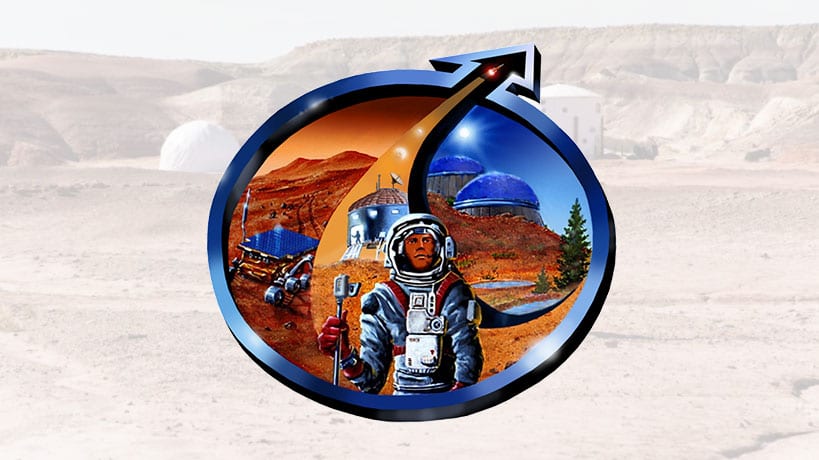
 By Annalea Beattie, Mars 160 Crew Member, Space.com, 10.28.16
By Annalea Beattie, Mars 160 Crew Member, Space.com, 10.28.16
The Mars Society is conducting an ambitious two-phase Mars 160 Twin Desert-Arctic Analog mission to study how seven crewmembers could live, work and perform science on a true mission to Mars. Mars 160 crewmember Annalea Beattie ischronicling the mission, which will spend 80 days at the Mars Desert Research Station in southern Utah desert before venturing far north to Flashline Mars Arctic Research Station on Devon Island, Canada in summer 2017. Here’s her fourth dispatch from the mission:
None of us have traveled to Mars, and we don’t really know what it will be like. The challenges for humans in long-duration space travel have yet to be experienced.
Here at the Mars Desert Research Station, we are seven for the first phase of our Mars 160 science mission. We are living in simulation in a Mars analogue in a remote desert where temperatures can range from 14 degrees Fahrenheit (minus 10 degrees Celsius) in winter to more than 104 degrees F (40 degrees C) in summer.
When it comes to understanding how life might be in an enclosed community in an extreme environment off Earth, unless I move to Eigg (an island off the west Scottish coast), this is about as close as it gets to living in a small frontier microsociety on Mars.
This evening, after a ruckus in our crew family about report writing (I won’t go into it), in my loft I was thinking about crew morale and how we manage to stay healthy, as well as work hard and live together in such a small container in an enormous desert. I found something on my laptop that I wrote a while ago that started me thinking. This is what I wrote:
“When we leave the security of home and the warmth of our fires to travel to other planets as explorers or even as refugees on starships, we will be constantly challenged by our new circumstances. We may be menaced by those who control our oxygen. It’s possible that we could end up living as spectators to our own imprisonment, trying to exist amongst people who are aggressive or broken. On Mars, as we contend with the threat of real danger, pain or harm, anxiety and the continual tension in shared space could lead to deteriorating morale, to stagnation or depression, to a loss of well-being in management terms, and for us, damage to human health.” (Editor’s note: This passage is part of a piece Beattie wrote called “Art and Change in Extraterrestrial Societies.” It appeared in the book “Dissent, Revolution and Liberty Beyond Earth,” which was published by Springer in 2016.)
To read the full article, please click here.